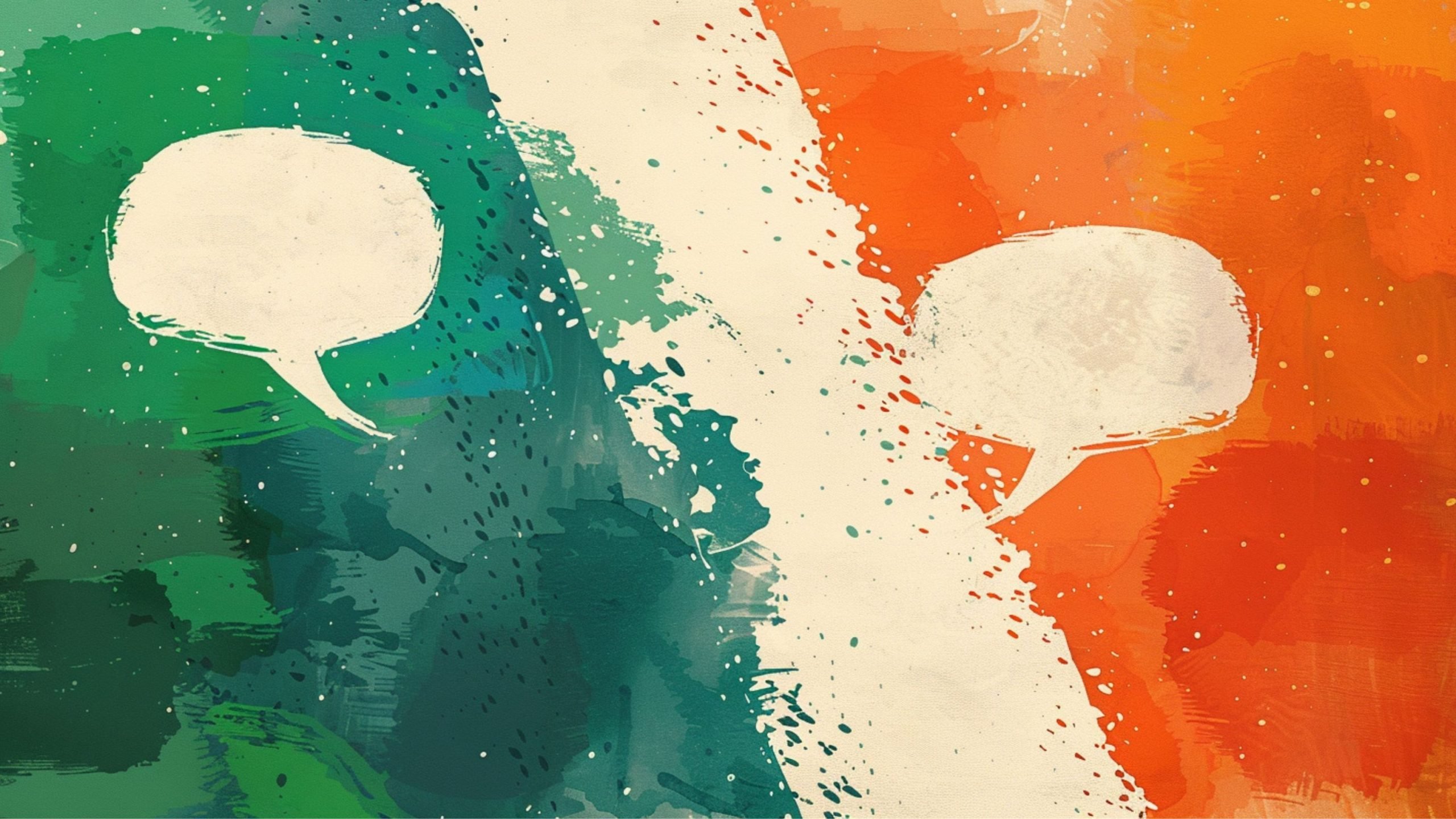Ireland’s authorities have published the National Counter Disinformation Strategy, recommending a number of censorship tactics such as “fact-checking” and “pre-bunking.”
At the same time, a potentially powerful demonetization tool – the online advertising system – is to be used against whatever is branded as “disinformation.” Even if these are, in reality, often simply dissonant policies and voices.
Yet the Irish government’s plan is to make this a broad “collaboration” between itself, the private sector, and other participants.
While turning online advertising into a tool for suppressing speech has at this point been recognized as unacceptable in the US (as the GARM saga illustrates well) – in Ireland, this is still clearly considered a viable option to control online narratives.
Media outlets long since positioned as government sidekicks, namely, legacy media, are branded “high quality” – while those that can be financially stomped out (i.e., demonetized) for supposed “disinformation” include voices exercising that top democratic principle – free speech.
Free speech includes lawful political and social dissent – while another key value defining democracy is the ability to express that dissent without fear of repercussion or discrimination.
And so, never formally banned, and therefore the cases not raising too much dust – dissenting online sources would be easy to shut down. Cutting off revenue (through “collaboration” with the advertising industry) would become a way to continue flying the authoritarianism flag on the radar.
More: Ireland Enacts Hate Offenses Act, Dismissing Concerns Over Free Speech and Censorship
Another requirement the strategy seeks to impose is that platforms comply with legal obligations – including laws that enact censorship by any other name.
In order to cement the “disinformation” narrative, civil society and research organizations are to be given access to platform data – which then often becomes the basis for low-stakes campaigns disguised as research, aimed against policies, parties, and media outlets.
These “non-binding” papers may never end up holding any professional water – but what does that matter, once “high quality” legacy media pick them up and work them into their “news” narratives.
Ireland inevitably seeks compliance with the EU bureaucracy. One of those rules is the “EU Code of Practice on Disinformation” – to fight anyone harming “our society by eroding trust in institutions and media.”
Both the EU and the Irish government still pretend they don’t know the ones doing that particular “harm and eroding” work here – are in fact, themselves.









